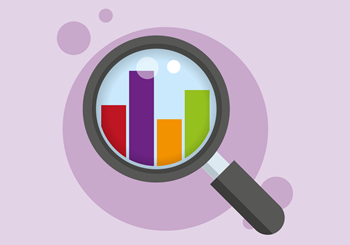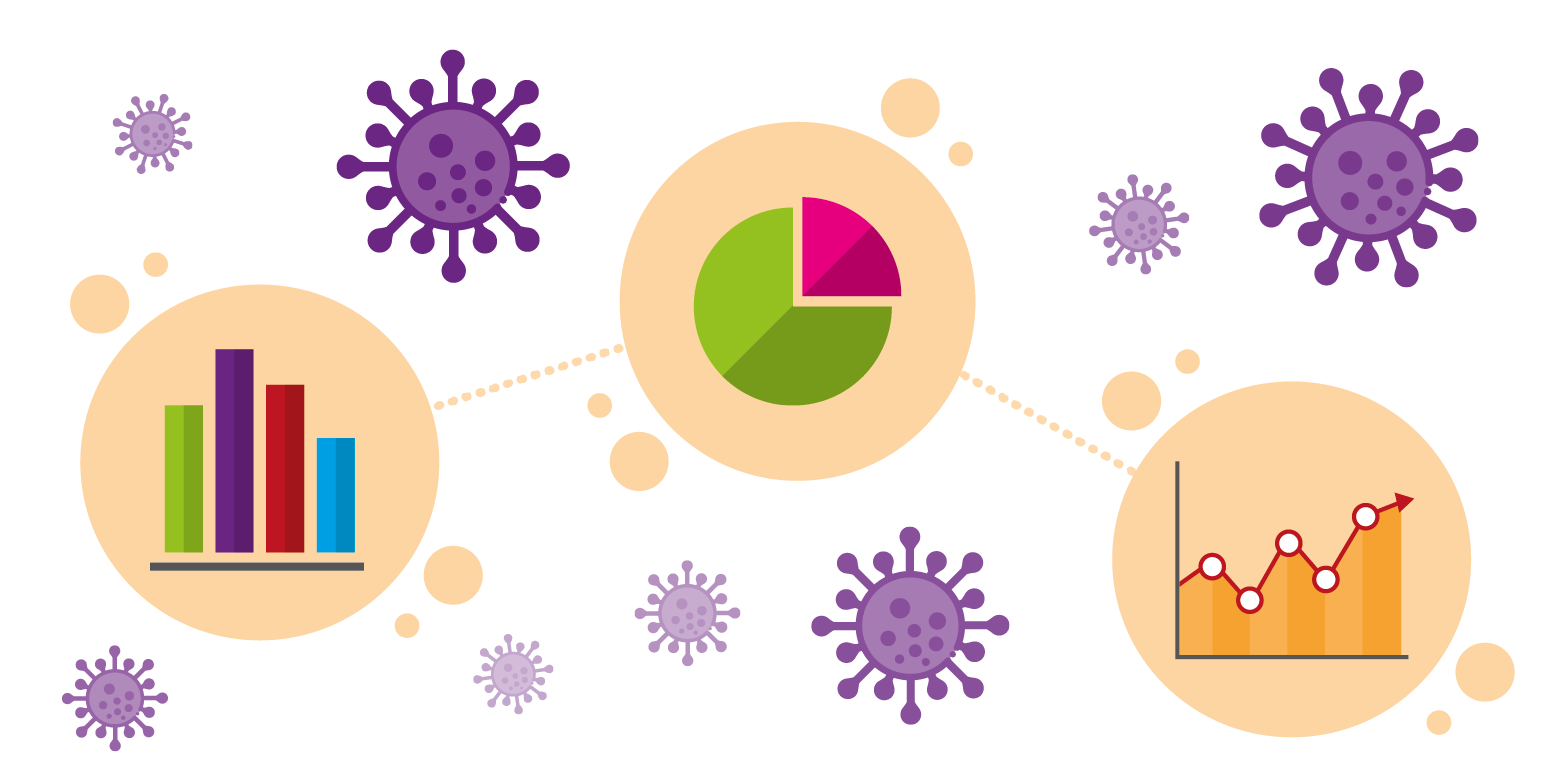COVID-19 trainee survey

The COVID-19 pandemic has significantly disrupted health services and posed major challenges to clinical education delivery in Scotland and internationally. As part of the NES response to the pandemic, our annual Scottish Training Survey was adapted to determine the training, service work and psychological impacts of COVID-19 on the personal and professional experiences of clinicians-in-training, with a specific focus on ‘burnout’ and general wellbeing.
Burnout is a long-term work-related stress reaction marked by emotional exhaustion, depersonalization, and a lack of sense of personal accomplishment.
The survey was disseminated online to clinicians in training posts in the medical, dental, pharmacy, healthcare science and psychology professions during July 2020 after the first national lockdown ended. A total of 7694 trainees were surveyed and 5545 responded (72.1%), which equates to an excellent response rate for this type of survey.
Examples of key findings include:
- 192 trainees reporting that they were shielding at home (3.5%) but 69% of these were able to work from home.
- 1194 reporting that they had felt unwell during this time (22%). Of these, 190 trainees reported as having tested positive for Covid-19 (16%), 665 trainees (55%) reporting symptoms suspected to be COVID-19, and 409 reporting having another illness or health issue (34%). Most of these trainees reported taking time off work due to illness or a health issue (n=1028; 86%).
- Significant minorities of trainees reported impacts on their family and personal relations (27%) and on their job role (26%).
- Around one fifth of trainees were redeployed during this phase of the pandemic with the majority in hospital medicine and dental posts, with the majority reporting making a useful contribution in their redeployed posts.
- Around one third of trainees indicated feeling at extreme or considerable risk of contracting COVID-19 at work.

Symptoms of burnout were reported by 32% of trainee respondents once a week or more often. Burnout levels were associated with:
- Poorer quality of clinical supervision;
- More negative workplace behaviours;
- Less ability to raise concerns;
- A greater perceived impact of COVID-19 on personal health and wellbeing;
- Feeling busier and less useful at work; and
- Greater perceived risk of contracting COVID-19.
The survey concluded that NES clinical trainees across different training programmes were impacted educationally, professionally and psychologically because of the COVID-19 pandemic.
The findings provide a valuable snapshot during a time of significant disruption and stressful conditions for most in clinical training programmes and largely working in dynamically-challenging healthcare services during this period.
Important learning has been captured to inform and improve both our current response and future clinical training arrangements, policy and healthcare practice to better support the personal health and wellbeing and educational needs of trainees, during both normal and crisis periods in healthcare and wider society.
Adam Hill and Paul Bowie
July 2021

